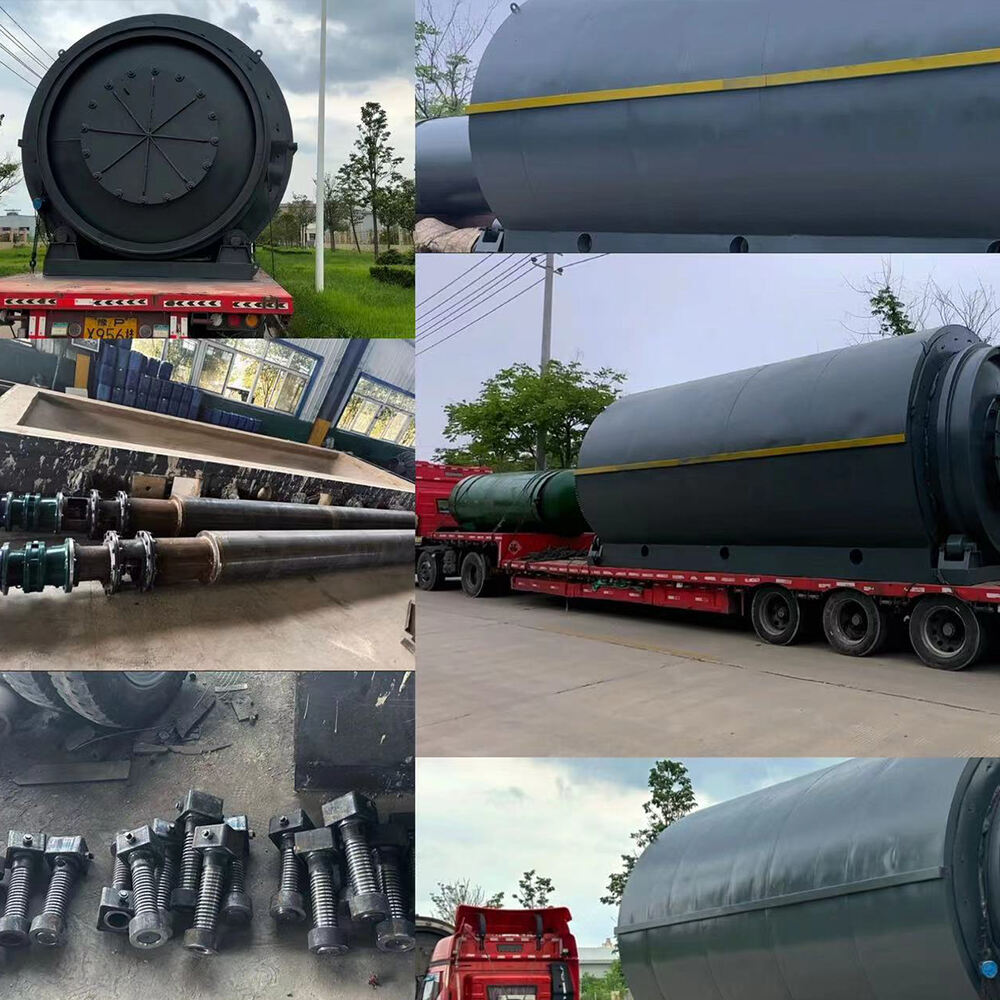Revolutionizing Industrial Sustainability Through Advanced Oil Recovery
The industrial landscape is experiencing a transformative shift as oil recycling equipment emerges as a cornerstone of sustainable operations. Modern manufacturing facilities, automotive plants, and processing units are increasingly recognizing the profound impact that efficient oil recycling systems can have on their bottom line and environmental footprint. This technology not only addresses the pressing need for resource conservation but also opens new avenues for operational efficiency and cost reduction.
As global industries face mounting pressure to adopt environmentally responsible practices, oil recycling equipment has become an indispensable asset. These sophisticated systems enable businesses to reclaim and reuse valuable oil resources that would otherwise be discarded, creating a circular economy approach to industrial operations. The technology behind these systems has evolved significantly, offering unprecedented levels of purification and recovery.
Economic Benefits of Industrial Oil Recycling Solutions
Cost Reduction Through Resource Recovery
Implementing oil recycling equipment delivers substantial financial advantages to industrial operations. By reclaiming and purifying used oil, companies can significantly reduce their procurement costs for new oil products. A typical industrial facility can recover up to 95% of their used oil through proper recycling processes, translating to considerable annual savings.
The economic impact extends beyond direct material costs. Oil recycling equipment reduces waste disposal expenses, as less oil needs to be transported and processed as hazardous waste. Companies also benefit from lower storage costs and reduced environmental compliance expenses associated with waste oil management.
Enhanced Operational Efficiency
Modern oil recycling equipment incorporates advanced filtration and purification technologies that can extend the life of industrial machinery. Clean, recycled oil maintains its lubricating properties, reducing wear and tear on expensive equipment. This results in fewer maintenance requirements and longer intervals between oil changes, ultimately improving operational uptime.
The integration of oil recycling equipment into existing operations often leads to streamlined processes and better resource management. Automated systems can monitor oil quality in real-time, ensuring optimal performance and preventing equipment damage from degraded oil.
Environmental Impact and Sustainability Advantages
Reduced Carbon Footprint
Oil recycling equipment plays a crucial role in minimizing industrial carbon emissions. By reducing the need for new oil production and processing, these systems help decrease the overall carbon footprint of industrial operations. Studies indicate that recycling oil requires only about one-third of the energy needed to refine crude oil to lubricant quality.
The environmental benefits extend to reduced transportation emissions, as less frequent oil deliveries and waste disposal trips are necessary. This creates a cascading positive effect on air quality and helps industries meet their sustainability targets.
Water Conservation and Pollution Prevention
Advanced oil recycling equipment incorporates sophisticated water separation technology, helping preserve this vital resource. By effectively removing water contaminants from oil, these systems prevent water pollution and reduce the strain on local water treatment facilities. The recovered water can often be reused in industrial processes, creating additional environmental benefits.
The prevention of soil and groundwater contamination is another significant advantage. Modern recycling systems feature fail-safe mechanisms and containment designs that virtually eliminate the risk of spills and leaks during the recycling process.
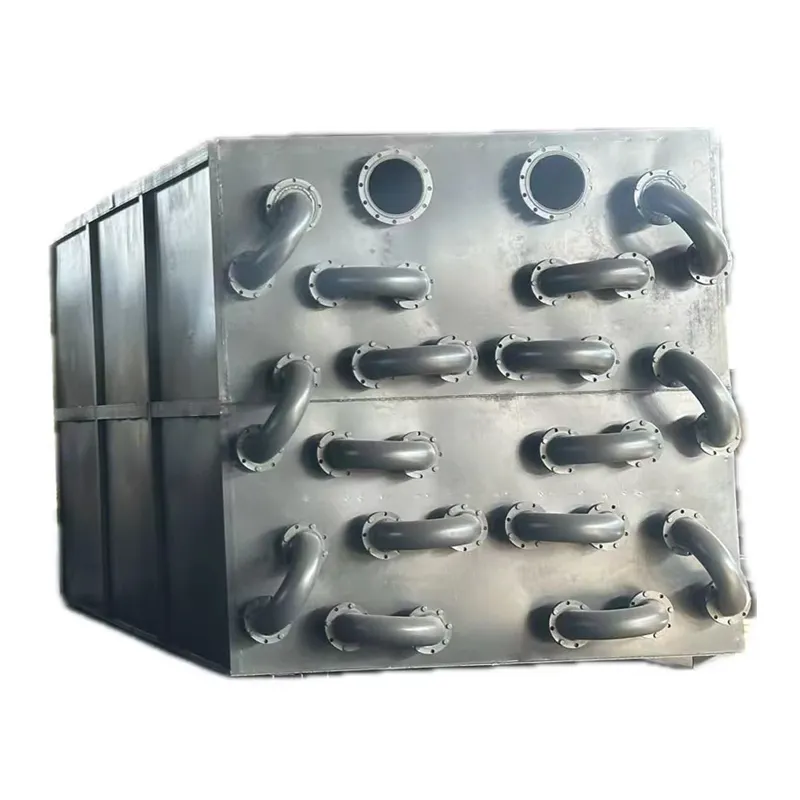
Technological Innovations in Oil Recycling Systems
Advanced Filtration Technologies
The latest oil recycling equipment employs cutting-edge filtration methods, including multi-stage mechanical filtration, chemical treatment, and vacuum dehydration. These technologies can remove particles as small as one micron, ensuring the recycled oil meets or exceeds original specifications. Innovative membrane technologies and molecular sieves have further enhanced the purification capabilities of modern systems.
Real-time monitoring and adaptive filtration systems adjust their parameters based on oil condition, optimizing the recycling process for different types of industrial oils. This technological sophistication ensures consistent quality output while maximizing energy efficiency.
Smart Integration and Automation
Modern oil recycling equipment features advanced automation and control systems that integrate seamlessly with existing industrial infrastructure. Smart sensors continuously monitor oil quality parameters, while automated controls adjust processing conditions to maintain optimal performance. This level of automation reduces human error and ensures consistent recycling results.
Cloud connectivity and data analytics capabilities allow facilities to track their oil recycling metrics, predict maintenance needs, and optimize their resource usage patterns. These smart features contribute to better decision-making and improved operational efficiency.
Implementation and Best Practices
System Selection and Integration
Successful implementation of oil recycling equipment begins with proper system selection. Facilities must consider factors such as oil type, processing volume, space constraints, and existing infrastructure when choosing appropriate recycling solutions. A thorough site assessment and consultation with equipment specialists can ensure optimal system configuration.
Integration planning should address workflow optimization, operator training requirements, and maintenance schedules. Proper installation and commissioning procedures are essential for achieving maximum system performance and longevity.
Maintenance and Operation Protocols
Regular maintenance of oil recycling equipment is crucial for sustained performance. This includes routine inspection of filtration elements, calibration of monitoring systems, and periodic cleaning of critical components. Establishing clear maintenance protocols and training personnel in proper operating procedures ensures reliable system operation.
Documentation and record-keeping of recycling operations help track system efficiency and compliance with environmental regulations. Regular analysis of recycled oil quality provides validation of system performance and helps identify potential improvements in the recycling process.
Frequently Asked Questions
How does oil recycling equipment improve workplace safety?
Oil recycling equipment enhances workplace safety by reducing the handling of hazardous materials, minimizing spill risks, and maintaining cleaner work environments. Advanced systems feature automated operations that limit worker exposure to potentially harmful substances and incorporate safety interlocks to prevent accidents.
What types of oil can be processed using recycling equipment?
Modern oil recycling equipment can process a wide range of industrial oils, including hydraulic fluids, metalworking oils, transformer oils, and various lubricants. The systems can be configured to handle specific oil types and can often process multiple varieties with proper cleaning between batches.
What is the typical return on investment for oil recycling equipment?
The ROI for oil recycling equipment typically ranges from 12 to 24 months, depending on facility size and oil consumption patterns. Factors affecting ROI include reduced oil purchase costs, decreased waste disposal expenses, lower maintenance costs, and potential tax incentives for environmental improvements.



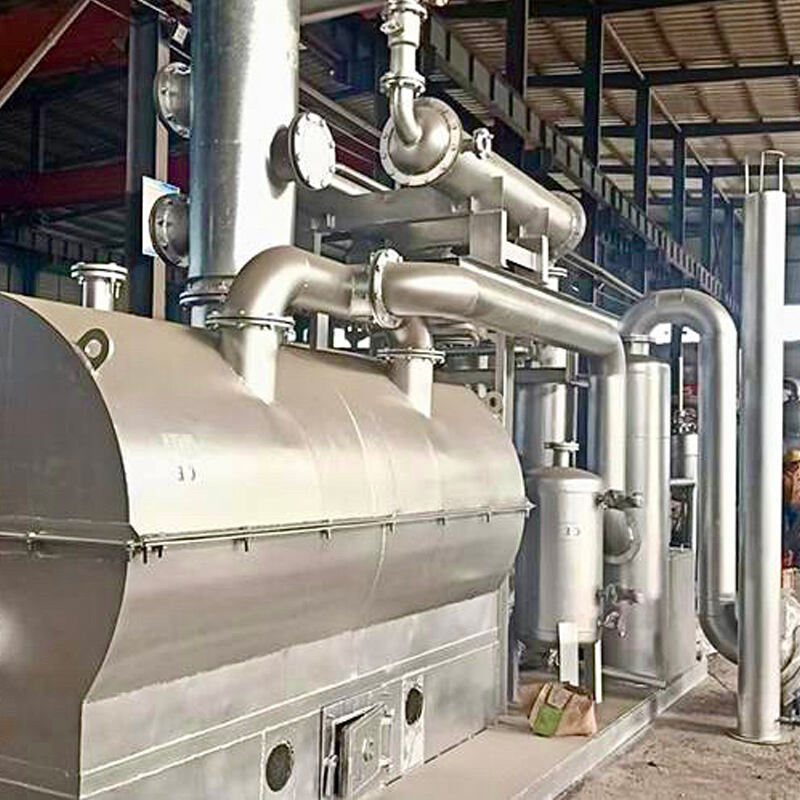
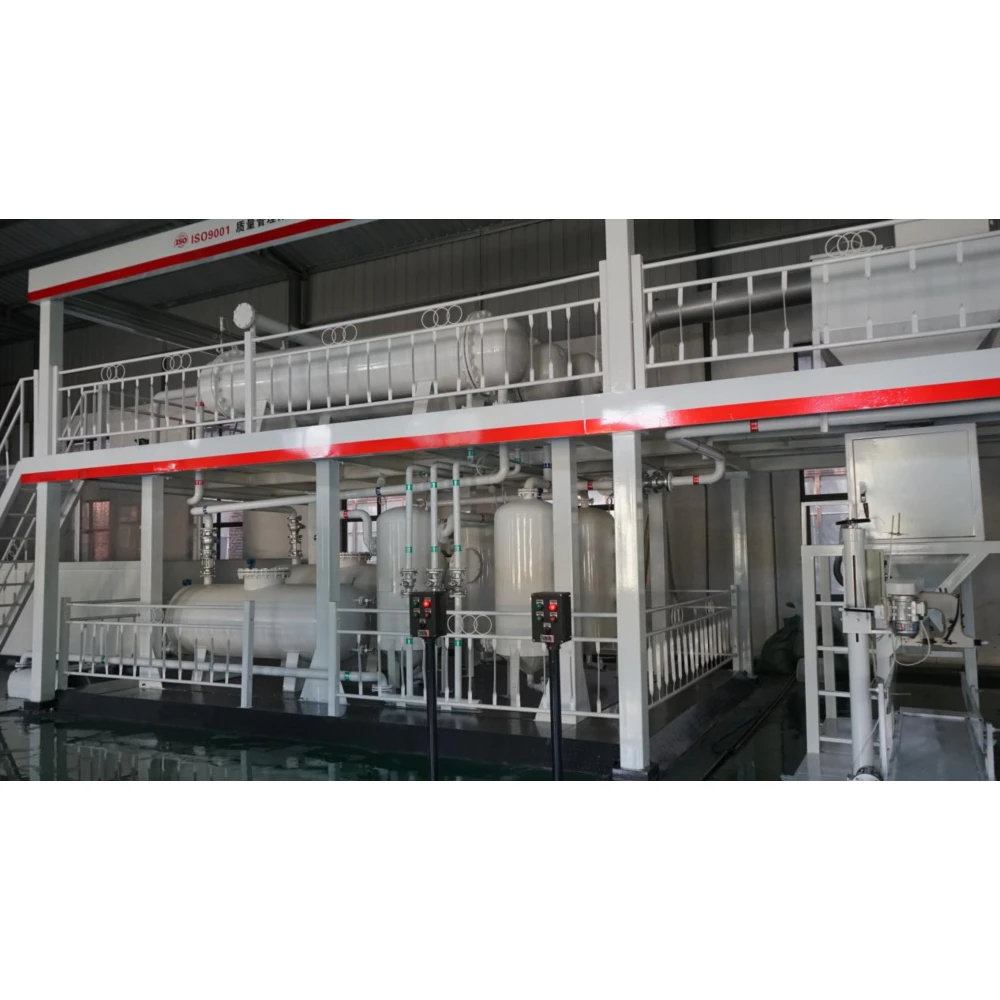
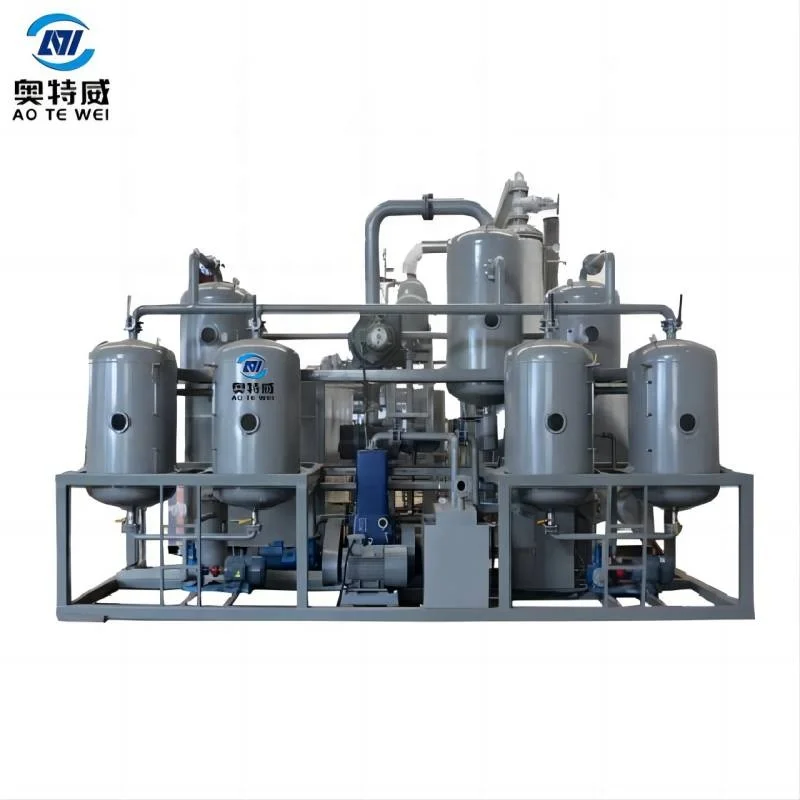
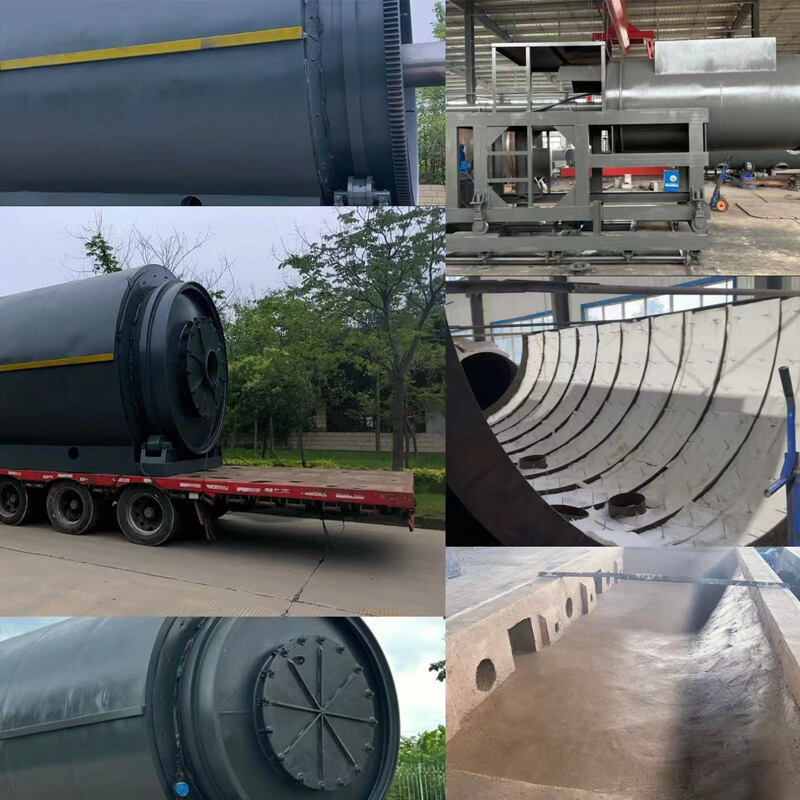

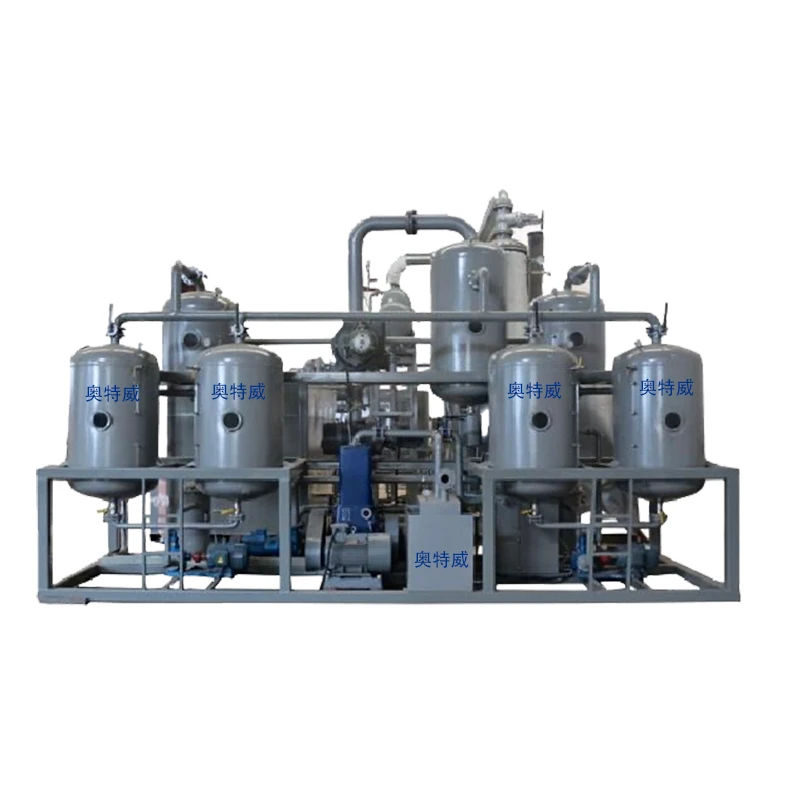
 Hot News
Hot News